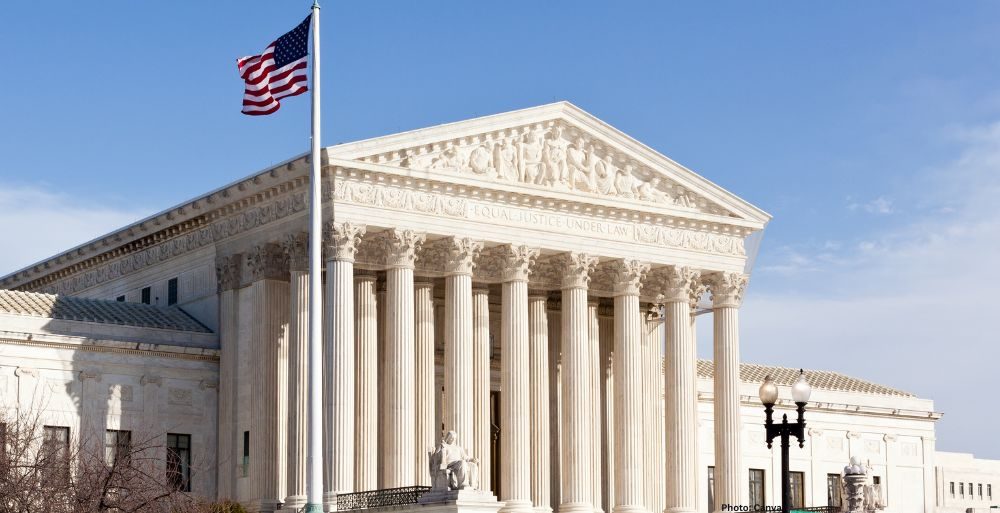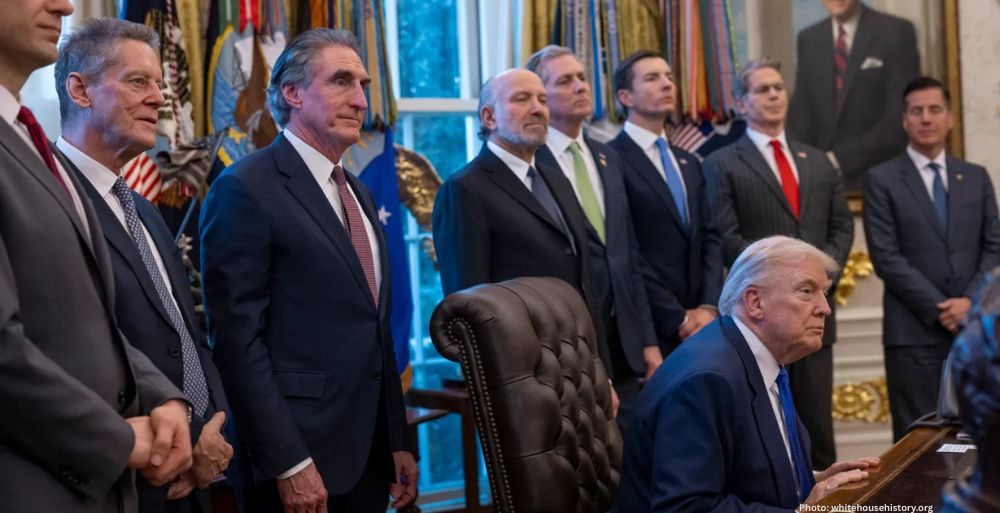Thousands of churches across the United States are set to close this year, marking one of the sharpest declines in organized religion in the country’s history.
According to recent data, nearly 15,000 churches are expected to shut down in 2025, while only a few hundred new congregations are likely to open. The closures reflect a broader shift in the nation’s religious landscape, with fewer Americans identifying as Christian.
Surveys show that about 62% of U.S. adults now identify as Christian, compared to 78% in 2007. At the same time, the share of Americans who say they have no religious affiliation has risen to 29%.
The majority of the closures are expected among mainline Protestant denominations, including Methodist, Presbyterian, and Lutheran congregations. Many Catholic parishes have also been affected due to falling attendance and financial strain. Smaller, rural churches are the most vulnerable, facing limited resources and declining membership.
Experts say the closures could have wider social impacts. In many communities, especially rural areas, churches have long served as centers for local aid, food banks, and social outreach. Their disappearance could leave significant gaps in community support systems.
Meanwhile, large evangelical and non-denominational megachurches continue to draw crowds, though researchers note they are also facing generational changes and growing skepticism toward organized religion.
Analysts warn that the trend may continue over the next decade, potentially leading to tens of thousands more closures nationwide as Americans increasingly move away from traditional worship structures.















